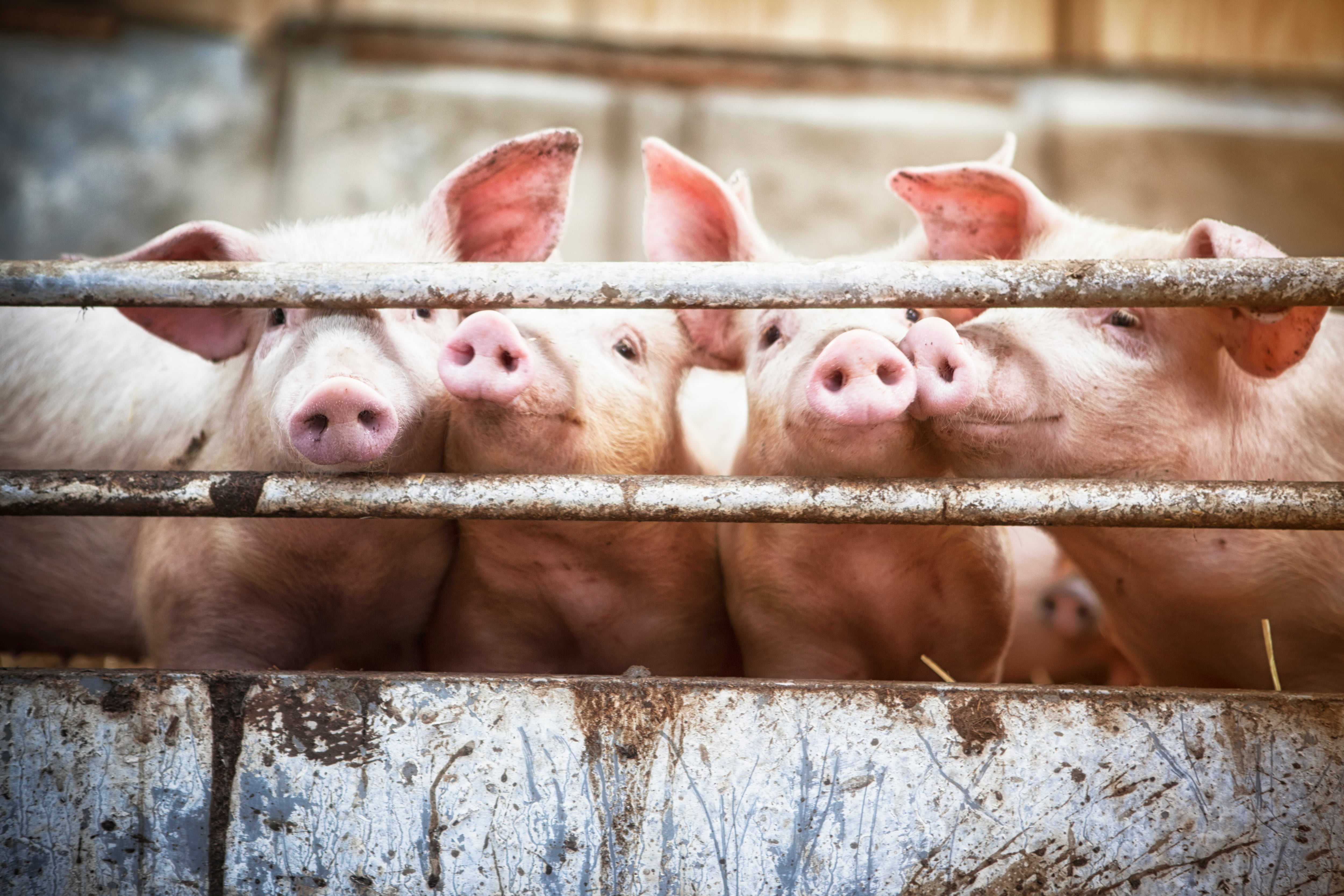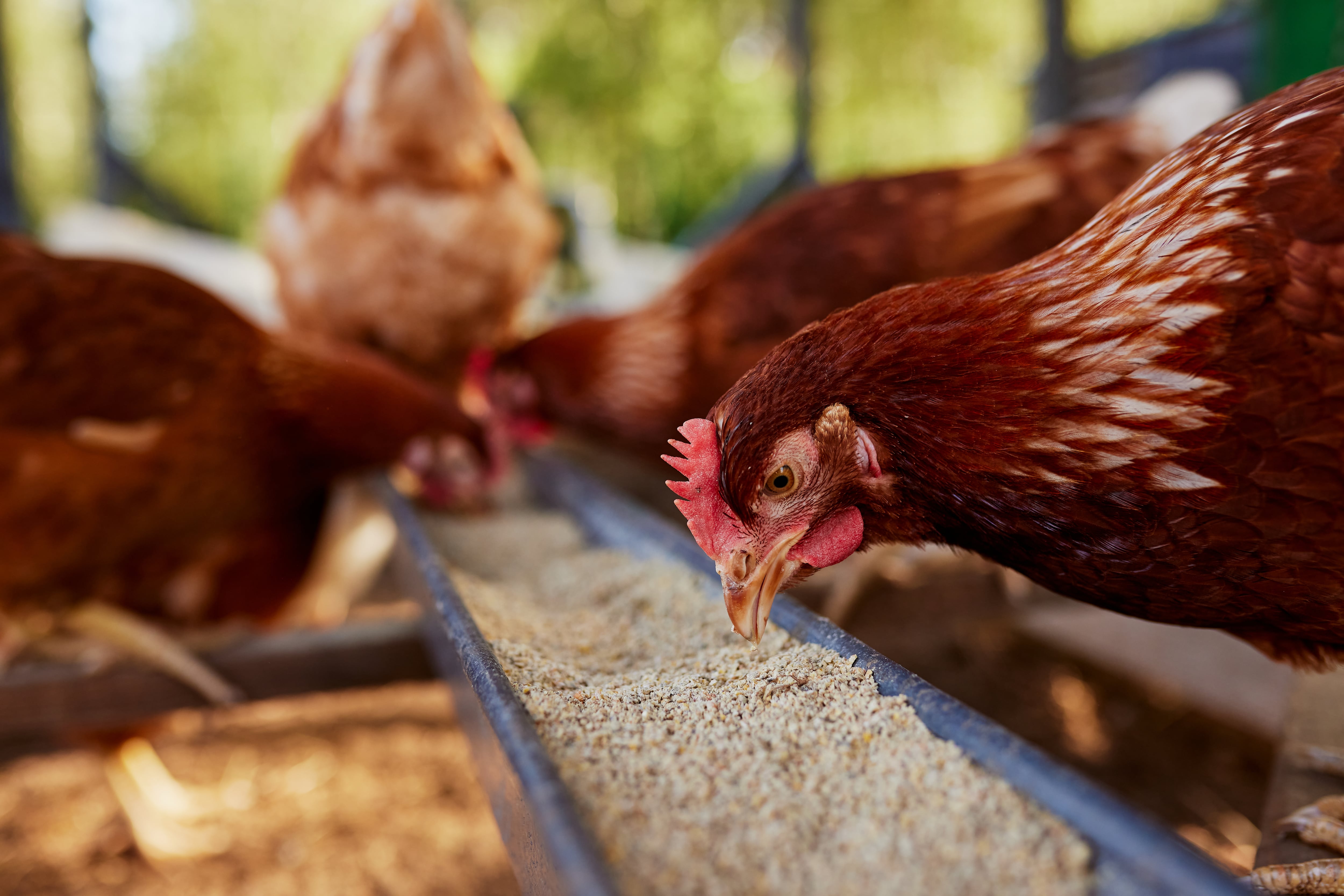The documents were obtained by investigative group AGtivist following Freedom of Information (FOI) requests to the Environment Agency, and then released by environmental campaign groups Feedback Global and Sustain.
Copies of inspection and enforcement reports reveal water, ground and air pollution incidents, including waterways being contaminated with slurry and excessive odours, dead animal carcasses being left outside rather than in sealed containers, farms being overstocked with more livestock than allowed, and irregularities relating to the transport and disposal of farm waste.
The 776 violations occurred between 24 April 2017 and 26 April 2024, with almost 10 occurring per month on average over the entire period.
In a statement published in response to the findings, the Environment Agency said that ensuring access to clean and plentiful water is one of the “biggest challenges” the organisation faces.
“Our staff work around the country, including in East Anglia, to protect waterways and ensure they are thriving habitats for wildlife and people,” the statement continued.
“This includes over 4,800 inspections during the last financial year (23/24) to help farmers comply with legal requirements and improve farm practices.”
‘Megafarm’ objection
Feedback Global and Sustain have also made a joint submission to the King’s Lynn and West Norfolk Borough Council as part of a now closed public consultation on the development of a “US-style megafarm” in Norfolk.
The consultation was launched after Cranswick proposed the expansion of its current facility near Methwold, which if extended would be capable of rearing more than six million chickens and 56,000 pigs per year.
Under current regulations, intensive livestock farms above a certain size threshold – 40,000 poultry birds or 2,000 fattening pigs or 750 breeding pigs – must hold a permit issued by the Environment Agency.
“The finding that industrial farms in East Anglia are committing the equivalent of two environmental breaches every single week starkly underlines why King’s Lynn and West Norfolk Borough Council must firmly reject the current proposal for a climate-wrecking megafarm near Methwold,” said Natasha Hurley, campaigns director at Feedback Global.
“This newly revealed data clearly shows this kind of US-style industrial farming is absolutely no way to rear livestock, as it leads to a litany of consequences from water, ground and air pollution through to animal welfare issues and foul odours. This is all in addition to factory farming’s colossal climate impact, which jeopardises both local and national climate targets.”
Meanwhile, climate justice fellow at Sustain, Lily O’Mara, accused big agri-businesses of failing to meet “even the most basic regulations”.
“The government should strengthen enforcement on vital safeguards for our soils, rivers and air and not weaken planning policy where there is mounting evidence of environmental violations and unsustainable practices,” O’Mara added.
Food Manufacture has reached out to Cranswick for comment.





